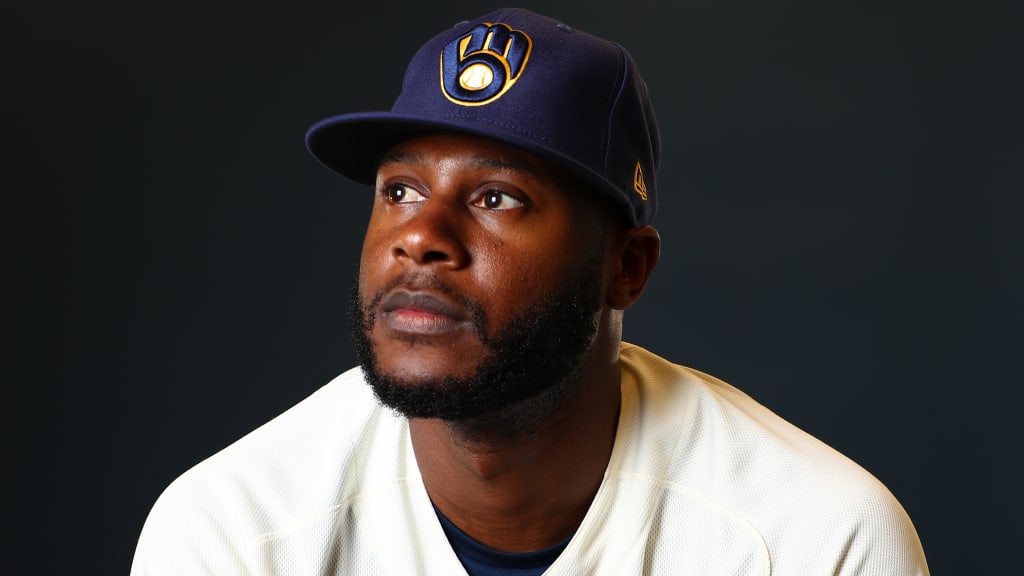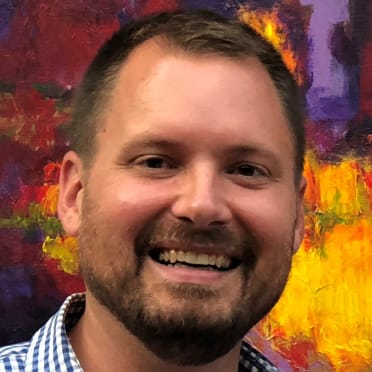
Brewers outfielder Lorenzo Cain can clearly remember San Francisco 49ers quarterback Colin Kaepernick sitting on the bench for the national anthem prior to a preseason game against the Green Bay Packers in August 2016. In subsequent weeks, Kaepernick took a knee on the sidelines to bring awareness to the issue of police brutality.
At the time, Cain was an All-Star who had won the World Series with the Kansas City Royals the year before and yet still felt unsure about what to do.
One thing is clear now: Cain said he is no longer hesitant about speaking up.
"We can sugarcoat it, but kneeling was basically ending people's careers," Cain said as part of a roundtable discussion with other African American players on Friday. "I think for a lot of athletes that were in that tough position, it was very unsure whether they should kneel or stand or whatever the case may be. I think that made it tough on everybody. But ... now I feel like everybody fully, fully understands what is happening, why he kneeled. I feel like from now on, we all should use our platform to push to do the right thing."
The roundtable, hosted by Bob Kendrick, president of the Negro Leagues Baseball Museum, aired on MLB Network Radio. Besides Cain, the Pirates' Josh Bell, the Indians' Delino Deshields Jr., the Rangers' Taylor Hearn and the Orioles' Mychael Givens and Dwight Smith Jr. took part.
Cain said he was "disgusted" after watching the video of a white Minneapolis police officer, Derek Chauvin, kneeling on the neck of George Floyd, an unarmed black man, until Floyd died.
"Me growing up, my mom worked in the fields, my grandma worked in the fields, and she always taught me to treat everyone like you would want to be treated," Cain said. "I always stuck with that, and I've grown, teaching my kids that. I have three kids myself. George Floyd was somebody's son, and I can't even imagine if I saw my son with a cop with a knee on his neck, what I would do in that situation, how I would react. It hit me hard. It hit everybody hard.
"The reaction and the response I've been getting from everybody has been positive. All of my buddies have been texting me and letting me know that they are with me, and 'try to stay positive.' Hopefully things get better from this. It's definitely shocking and tough to watch, and tough to try to explain to my kids and other people around me. There's always a few groups that don't understand and don't get it. I feel like there needs to be change. Things need to get better. Hopefully, as a group, as America, we can get better from this. Hopefully all this stops."
Asked what he believes are the solutions, Cain said, "For me, it starts with the kids. Just having that respect factor, you know? Having respect for another person, teaching them to treat people the same.
"For me, the police in general, they just have too much power. I think if we stripped some of that power, if the government found a way to strip some of that power or take away the immunity that they basically have -- because they literally can go trespass or harass people, and nothing is done. You can see it in their faces that they're not worried about any consequences. I think that's the issue. If they start treating the police like anyone else, I think [officers] will think twice about doing things.
"For me, arresting all of those officers and holding everyone accountable allows the good cops, the bad cops, to look at each other [and the good cops] say, 'If I see something that another cop is doing wrong, then I need to step in and intervene because I could also be charged along with this bad cop who's doing something he shouldn't be doing. We need to start there."
Cain struck a hopeful tone.
"Hopefully, we're headed in that direction [toward] peace," he said. "Everyone love each other, respect each other, and teaching kids growing up what they need to do in order for all of us to survive."
